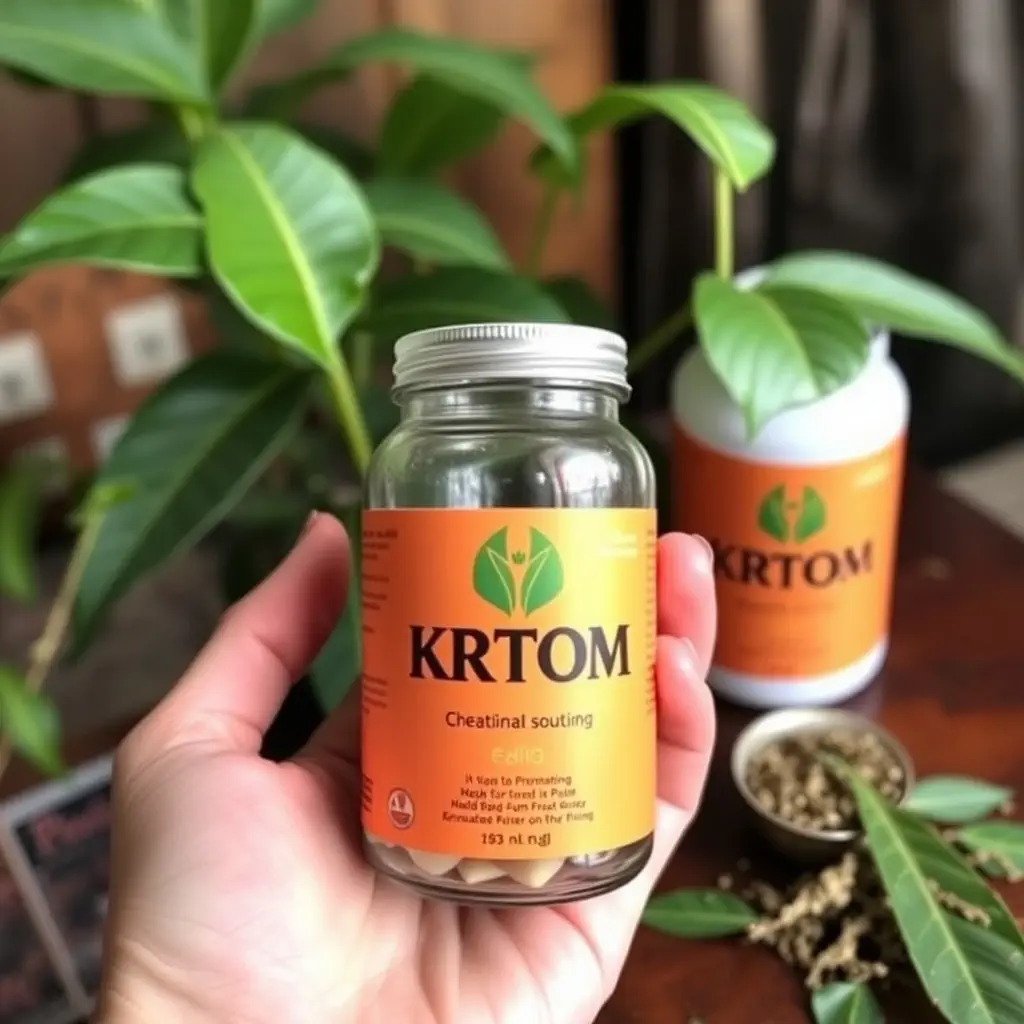In Utah, the legality of kratom is complex, with regulations varying widely. While currently legal, most forms of kratom are classified as Schedule I controlled substances without recognized medical value. Athletes and individuals use kratom for post-workout recovery due to its analgesic properties and interactions with opioid receptors, offering an alternative to prescription opioids. Incorporating kratom into a holistic recovery plan including hydration, rest, and activities like yoga can enhance muscle repair and overall wellness. Always check the latest Utah regulations regarding is kratom legal in utah before use.
“Unleash your training potential with a natural recovery ally—Kratom. This powerful herb has gained attention for its potential benefits in athletic performance and post-workout recovery. In this article, we explore how Kratom can be a game-changer for athletes in Utah, where understanding its legality is crucial.
We delve into the science behind Kratom’s effects on muscle soreness and fatigue, offering insights into effective recovery strategies. Learn about safe usage guidelines and discover why knowing the local laws regarding is kratom legal in Utah is essential for responsible supplementation.”
- Understanding Kratom: A Natural Recovery Tool
- Is Kratom Legal in Utah? Exploring the Legality and Regulations
- Effective Training Recovery Strategies with Kratom Supplementation
Understanding Kratom: A Natural Recovery Tool
Kratom, derived from the tropical tree Mitragyna speciosa, has gained attention as a natural alternative for pain management and recovery. In Utah, where regulations vary, it’s crucial to understand the legal status of kratom before considering it as a recovery tool. Currently, kratom is legal in Utah but subject to certain restrictions. This herb contains mitragynine, a potent compound with analgesic (pain-relieving) properties, making it useful for post-workout soreness and recovery. Many athletes and individuals seeking natural relief from chronic pain turn to kratom for its potential benefits, including reduced inflammation and improved mood.
As a legal herbal supplement, kratom offers a unique approach to post-training recovery, especially when combined with proper hydration and rest. Its gentle effects can aid in muscle relaxation and alleviate stress without the harsh side effects often associated with prescription painkillers. However, it’s essential to approach kratom as part of a holistic recovery plan, consulting healthcare professionals for personalized guidance on dosage and usage, ensuring a safe and effective recovery process.
Is Kratom Legal in Utah? Exploring the Legality and Regulations
In Utah, the status of kratom is regulated and its legality varies depending on the form and intended use. While some forms of kratom are legal for personal use, others fall under strict controls. The state has specific laws regarding controlled substances, including kratom, which can lead to criminal charges if not handled appropriately.
It’s crucial to note that Utah categorizes kratom as a Schedule I controlled substance, meaning it has no recognized medical value and a high potential for abuse. However, certain isoalkaloids found in kratom plants, like mitragynine and 7-hydroxymitragynine, are exempt from the state’s controlled substances act under specific conditions. This exemption allows individuals to possess and use these Kratom-derived compounds for personal therapeutic purposes, as long as they comply with local regulations.
Effective Training Recovery Strategies with Kratom Supplementation
Kratom, a natural herb with growing popularity, has been making headlines as an effective recovery aid for athletes and fitness enthusiasts. In Utah, where kratom’s legality is currently regulated, many are exploring its potential benefits for post-workout recovery. This ancient plant contains compounds that interact with opioid receptors in the body, offering pain relief and reduced inflammation without the same level of side effects as prescription opioids. As such, it has become a popular choice among those looking to enhance their recovery process.
When combined with effective training strategies, kratom supplementation can significantly accelerate muscle repair and reduce post-workout soreness. Incorporating low-impact activities like yoga or stretching during rest days alongside kratom use can promote blood flow and flexibility, aiding in the removal of metabolic waste products from exercising muscles. Additionally, proper nutrition plays a crucial role; ensuring adequate protein intake supports muscle growth and repair, while staying hydrated is essential for optimal recovery.
Kratom has emerged as a potential natural solution for athletes seeking effective training recovery strategies. With its legal status varying across states, including Utah, where it’s currently unregulated, understanding its benefits and safe use is paramount. The article has explored how kratom can aid in muscle pain relief and accelerated recovery, offering an alternative to traditional methods. As research continues to uncover its therapeutic properties, athletes should stay informed about local regulations and consult healthcare professionals before incorporating kratom into their recovery routines.






